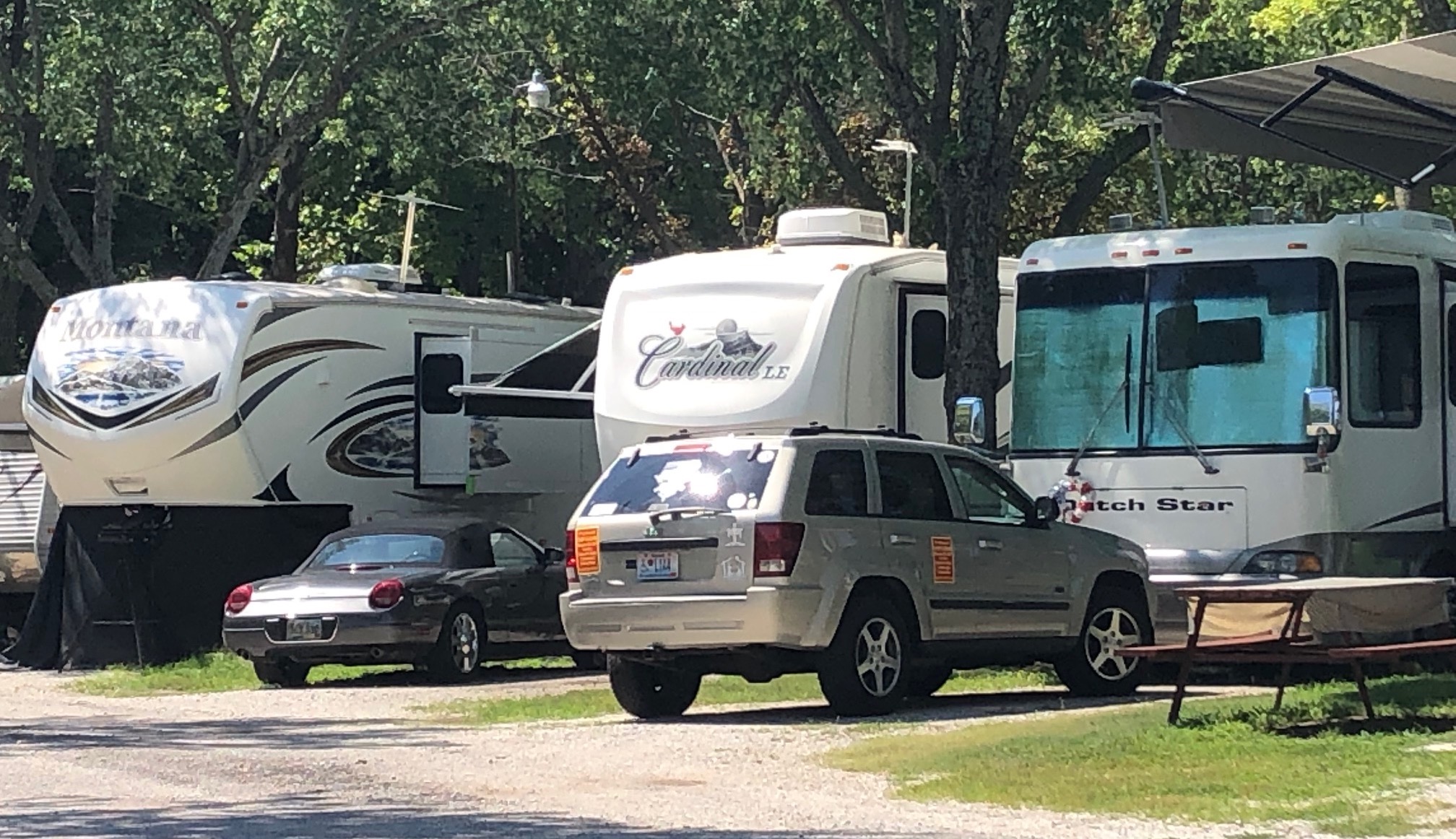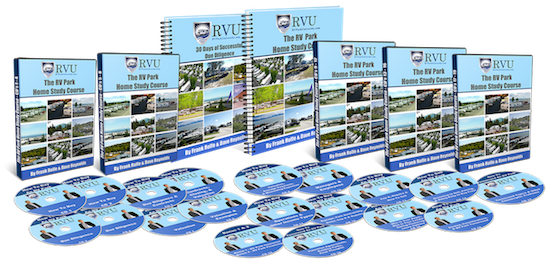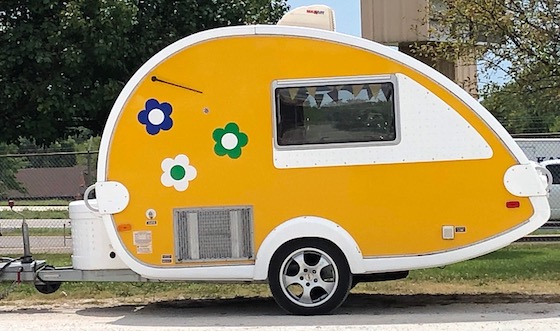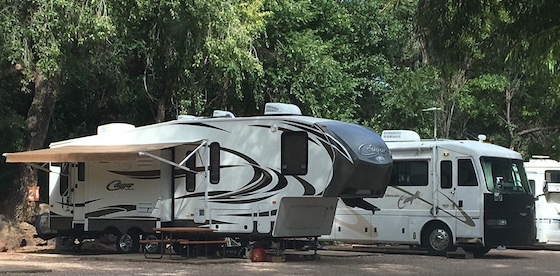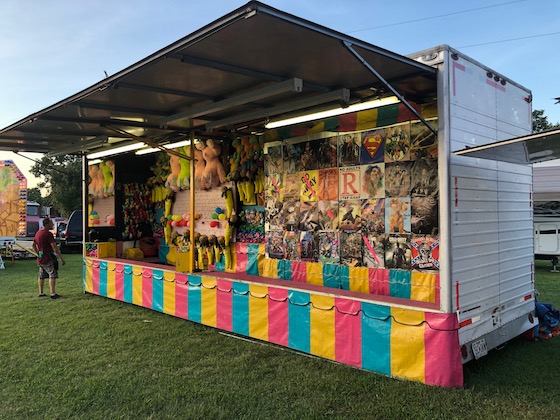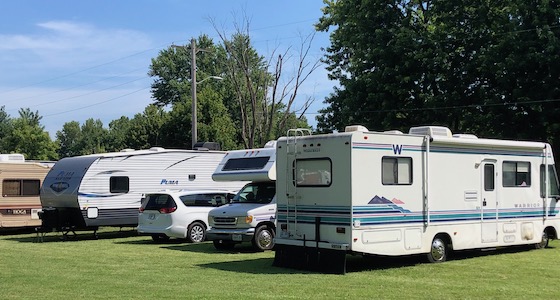This is a giant tree made of stainless steel that is at the St. Louis Museum of Art. You see, trees are all works of art, yet for the RV park owner they can also create difficulties. So here’s a primer on trees and RV parks.
They produce shade and aesthetics
The obvious reason that all RV park owners put up with trees – regardless of the problems – is that they are what creates ambience in the RV park, as well as needed shade for hot days and mystical “nature” to set the tone for campers. Without trees, no RV park can truly succeed as they are the #1 source of aesthetics and user happiness.
But their roots wreck things and leaves fall annually
Sure, trees are pretty, but what about their negative byproducts of root intrusion and leaves falling annually? You just have to bear with these issues, as the good outweighs the bad. Never let anyone try to convince you that the best course of action in your RV park is to remove the trees and the resulting negative issues. The only trees you should remove are ones that are unsafe to those underneath them.
Be careful what – and where – you plant
If you’re thinking of adding trees to your RV park, be careful in your selection. Not all trees are created equal. Choose hardy, native trees that do not need special handling or irrigation. And also don’t buy fast-growing trees that are of poor quality growth – these are notorious for losing limbs in windstorms and catching fatal diseases. Shoot for trees that can live for hundreds of years like pecans and oaks – not just a few decades like Mulberry.
Remove dead limbs and trees immediately
Insurance companies will require you to remove all dead trees and limbs immediately – something you should be happy to do as they are unsightly and dangerous. A single dead tree limb can do $100,000 of damage to a motorhome and even more to a human being. You should proactively watch for these cases of dead or dying trees and act immediately.
Make sure you have plenty of insurance
And speaking of insurance, it’s essential that you carry sufficient limits to handle even the worst catastrophe. These will vary by the state your RV park is located in and the size of jury awards, coupled with the type of park you own, the geography and weather risks, and the type of structures being insured. Talk to your insurance agent.
Understand the annual cost of pruning and budget accordingly
Properly maintaining trees is expensive. Don’t let some mom & pop owners try to convince you that you can do it yourself with a saw. Pruning trees is dangerous and should not be attempted by the RV park owner or their staff. You need licensed, insured workmen and that costs money. Be sure to have a tree company give you some bids before you buy the park as well as to give you an estimate of the annual cost to prune.
Conclusion
Trees are important to your RV park. And they need constant care to be healthy and avoid liability. Make sure you have a handle on the costs at closing as well as on an annual basis.

